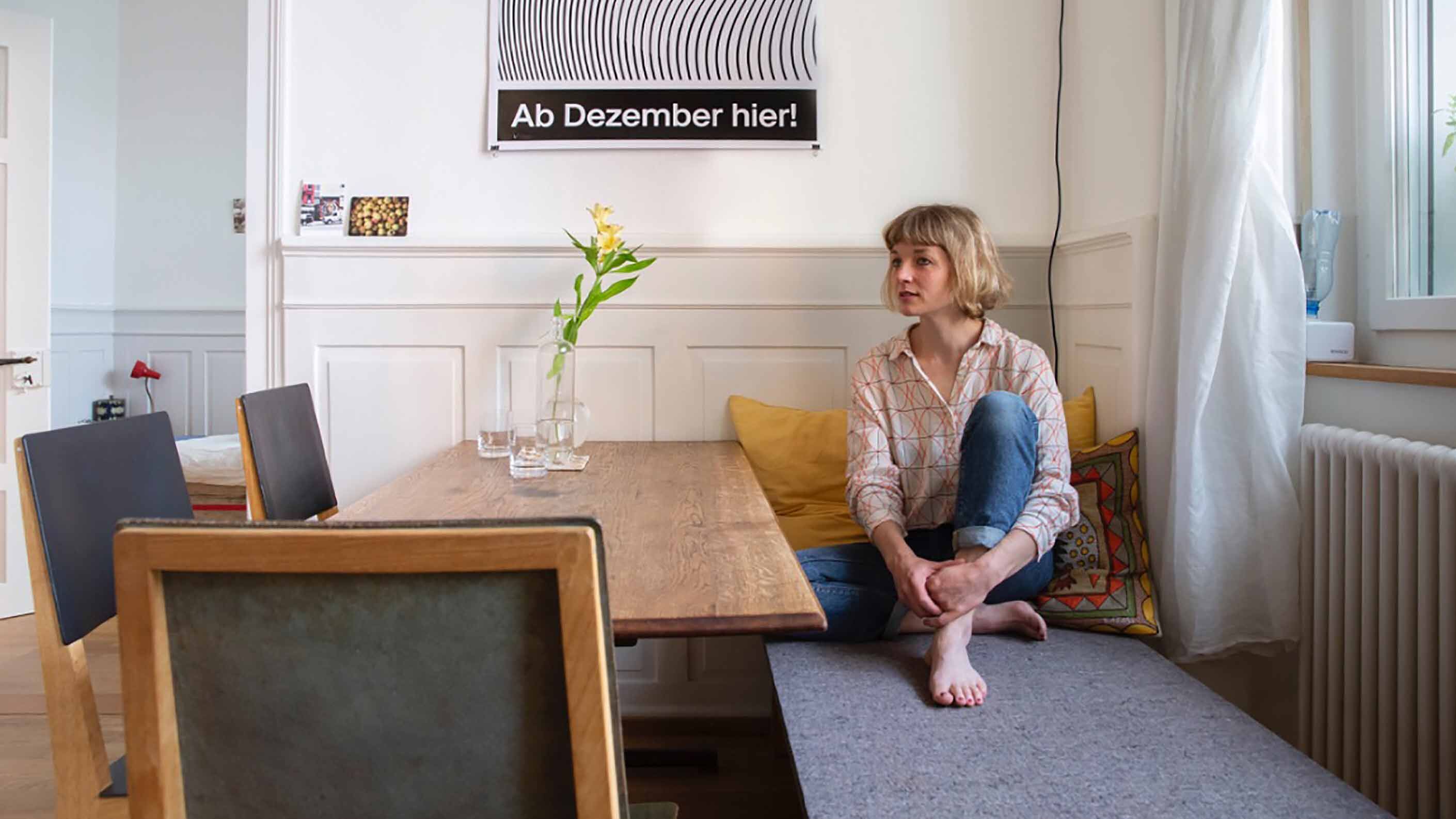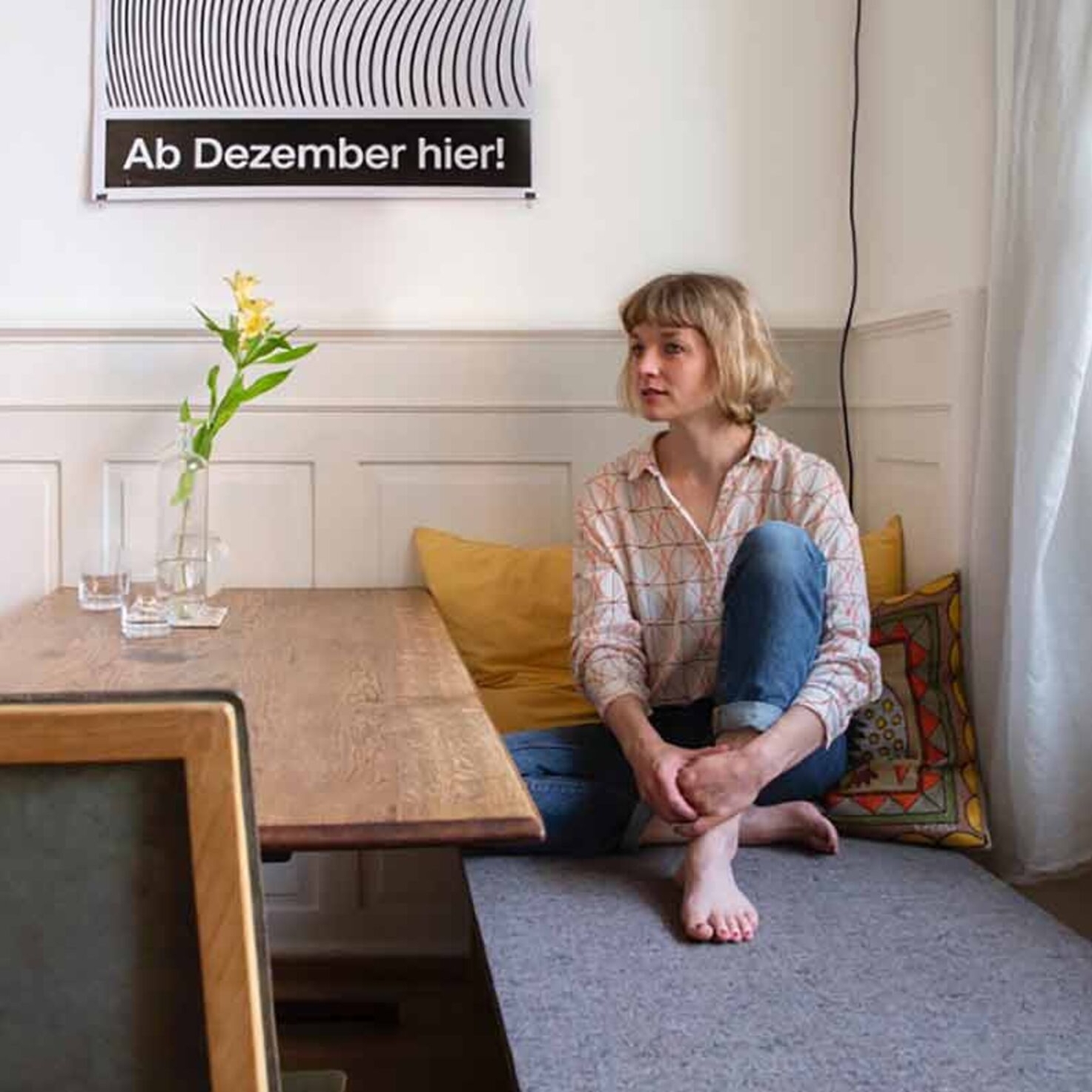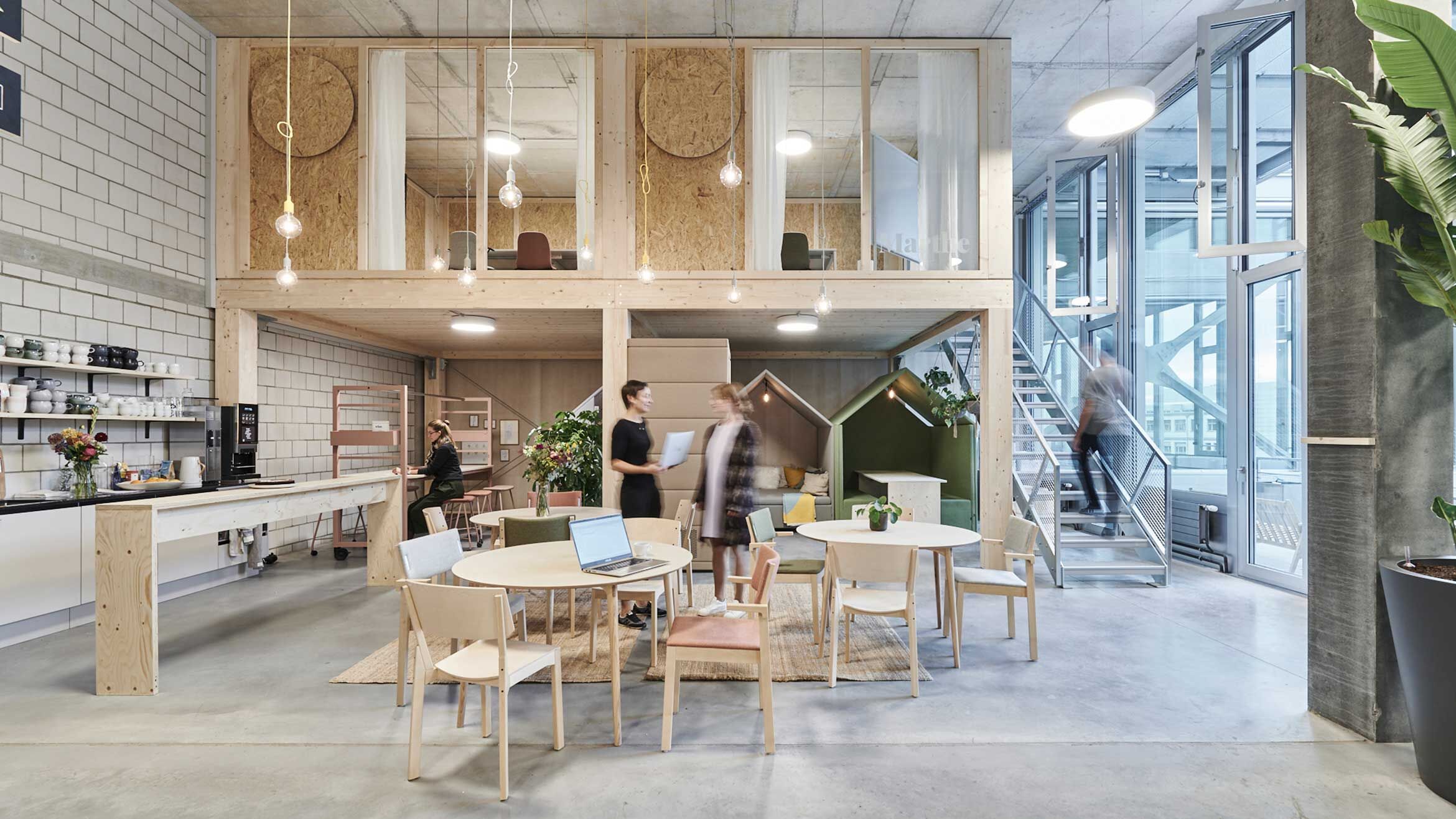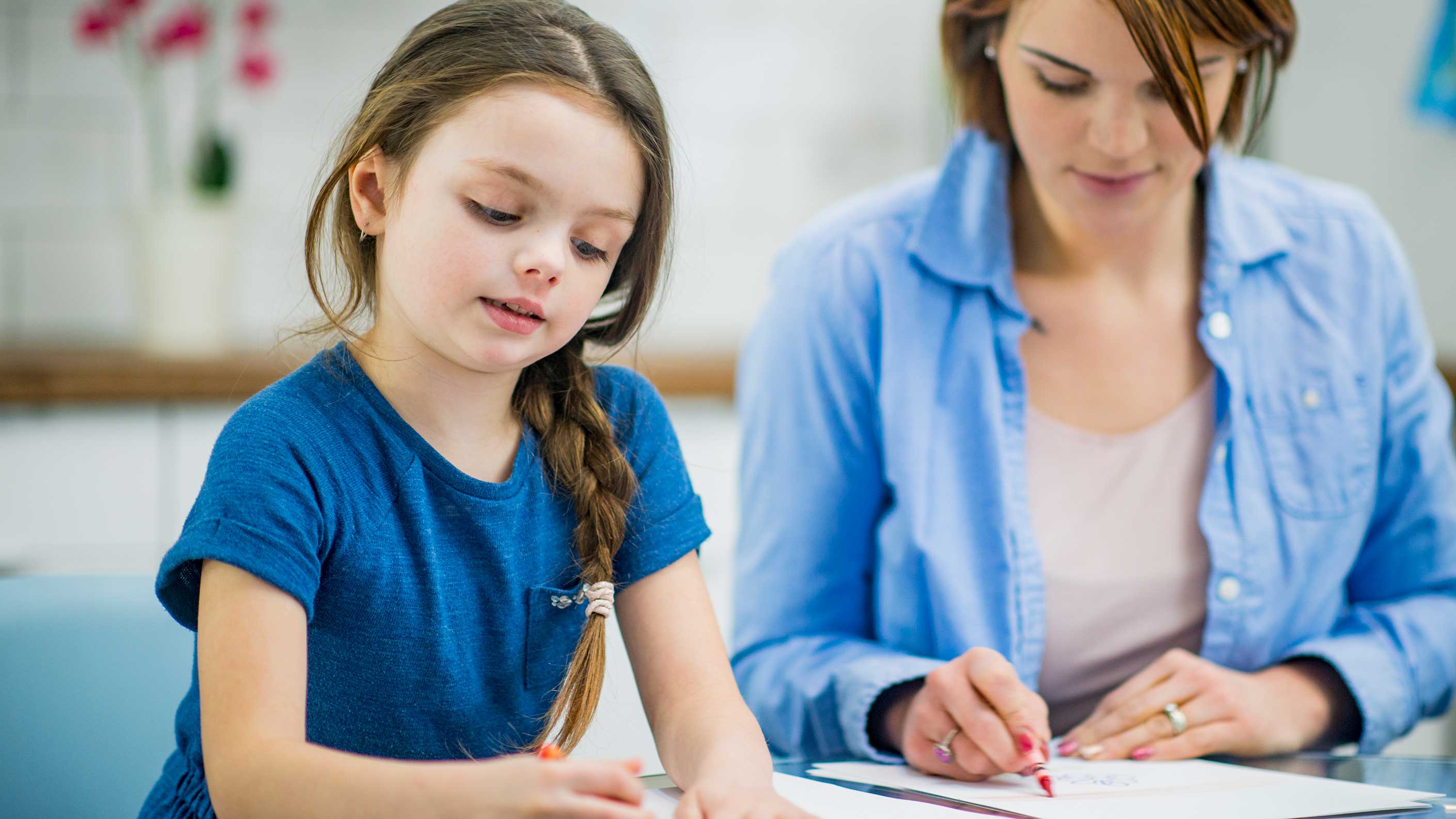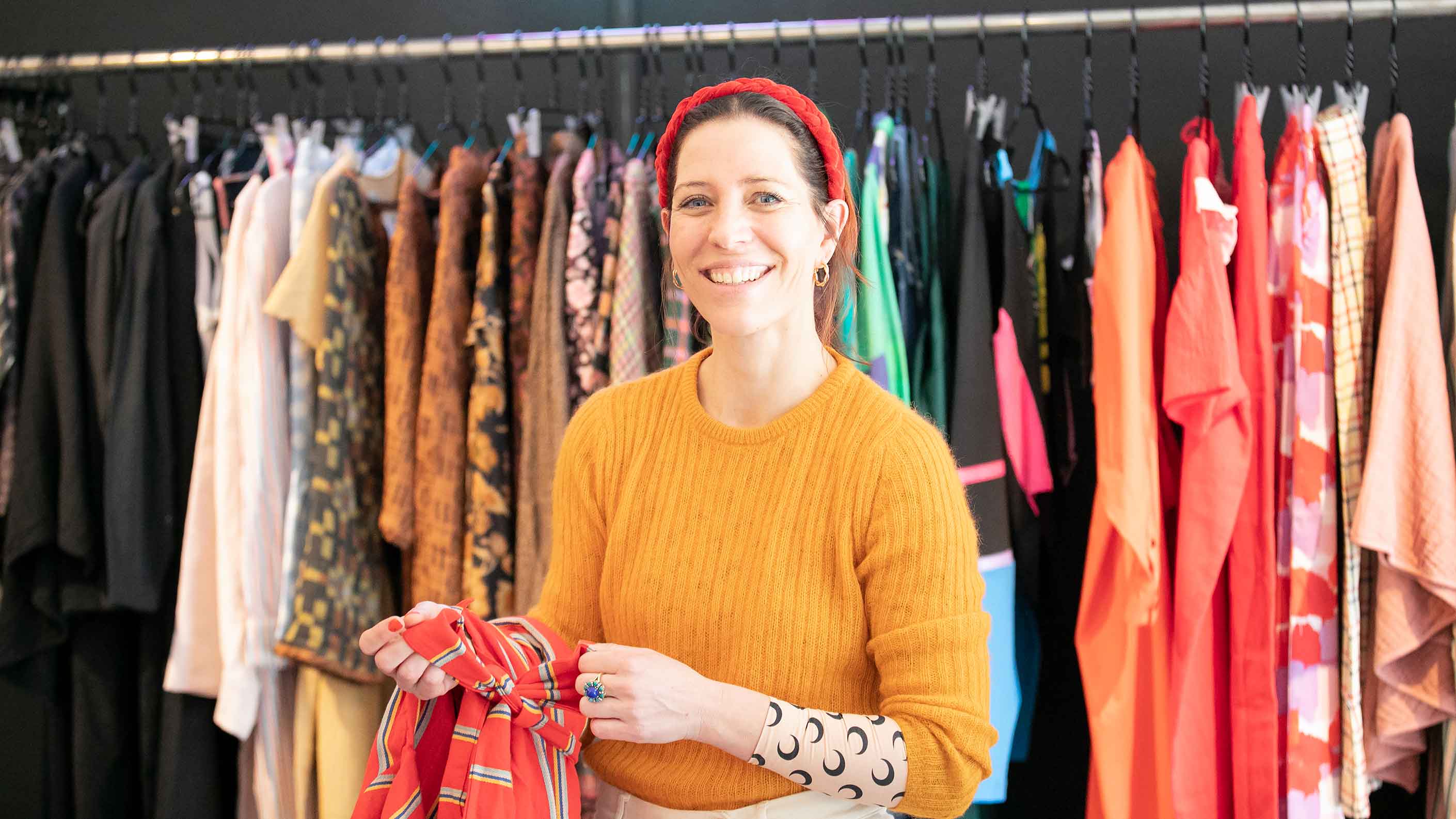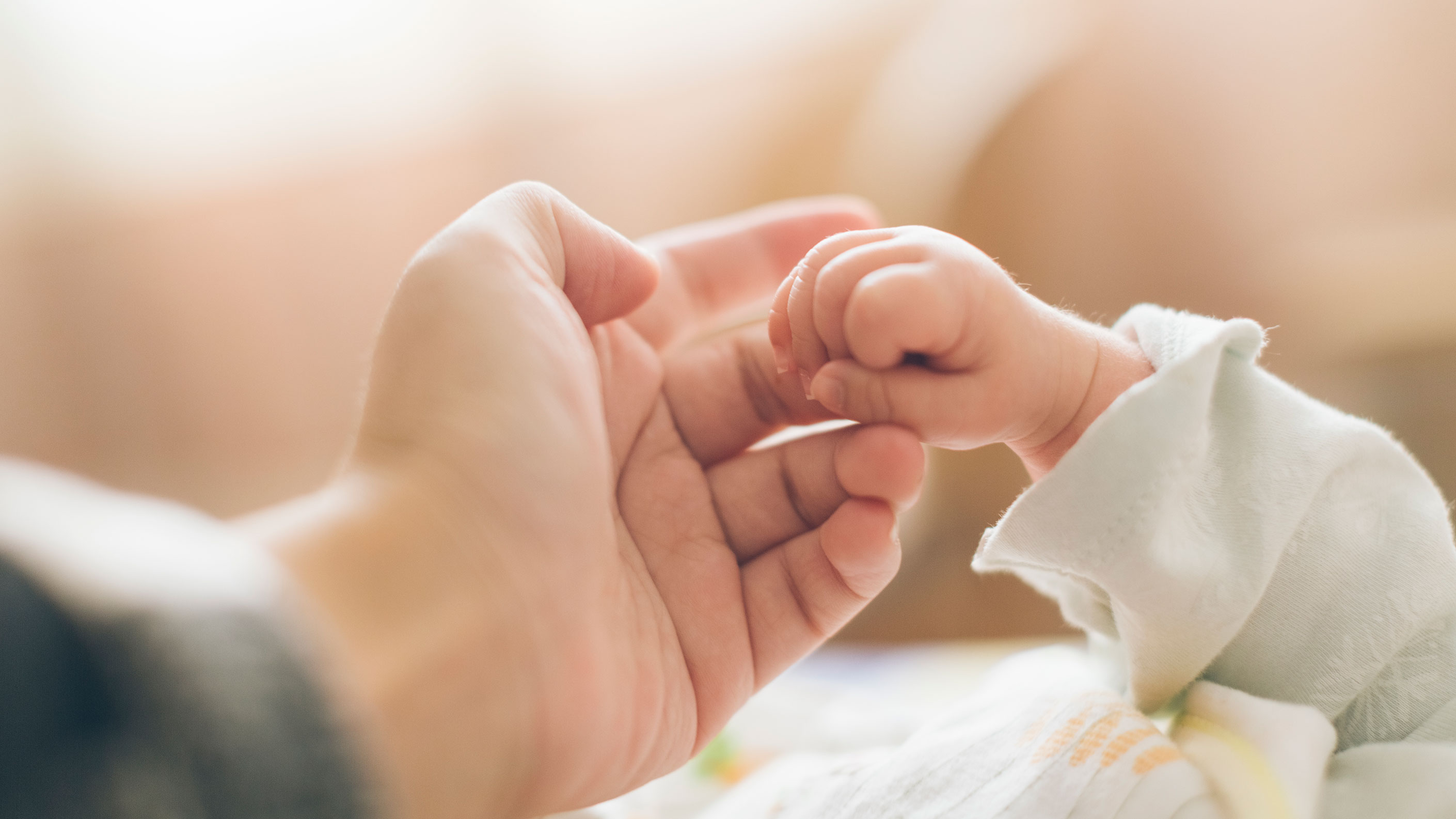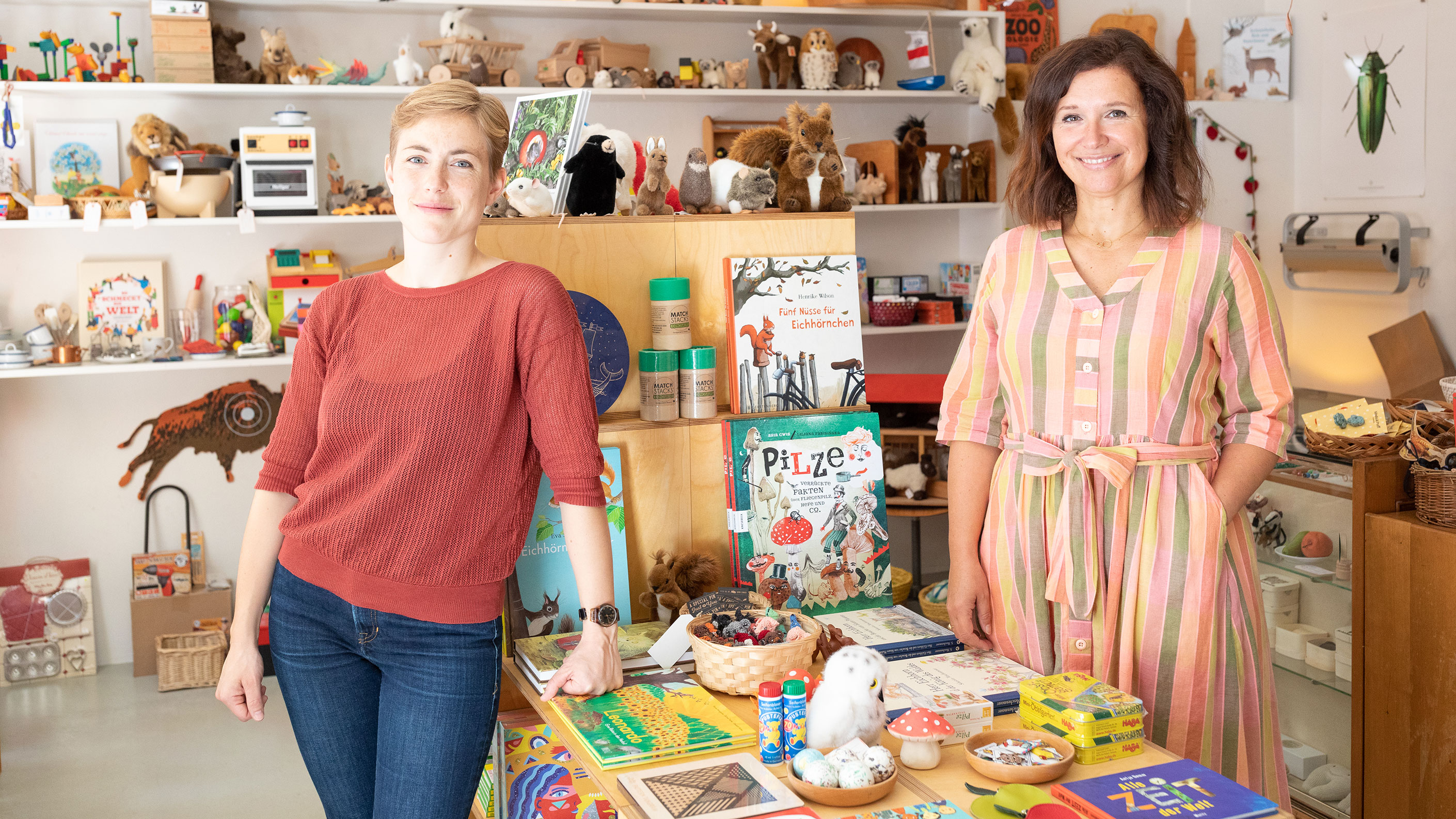People & Living | Parents We Love
‘Sometimes it’s all about the child’
Fränzi Akert is a cheesemaker, agronomist, co-owner of artisan chocolate maker Garçoa and mother to a little boy. During our interview, she explains why we should have less industrially produced food, and how chocolate is life for a chocolate maker.
You make chocolate. What made you think that Switzerland needed yet more chocolate?
Good question. I previously made cheese, then I thought: now I also need to make chocolate. It all started with my trip to Peru, where I did an internship with a cocoa trader who worked with cooperatives. Because of my background as a cheesemaker, I asked him how exactly he went about the fermenting process. Fermentation is also part of the process of making cheese, so I was surprised at how it’s done with cocoa beans.
And so that’s how the cheesemaker became a chocolate maker?
Not quite. I wanted to apply my knowledge of milk fermentation to cocoa and address the requirements of the cocoa producers and traders. The cocoa producers said that they would never have made it in this way. But they did have a problem in achieving high quality through the fermentation process, or there was too much wastage because some of the cocoa beans started to rot. So I arrived at just the right time. I went to Peru for six months in order to find out how it would be possible to improve the quality of the cocoa beans.
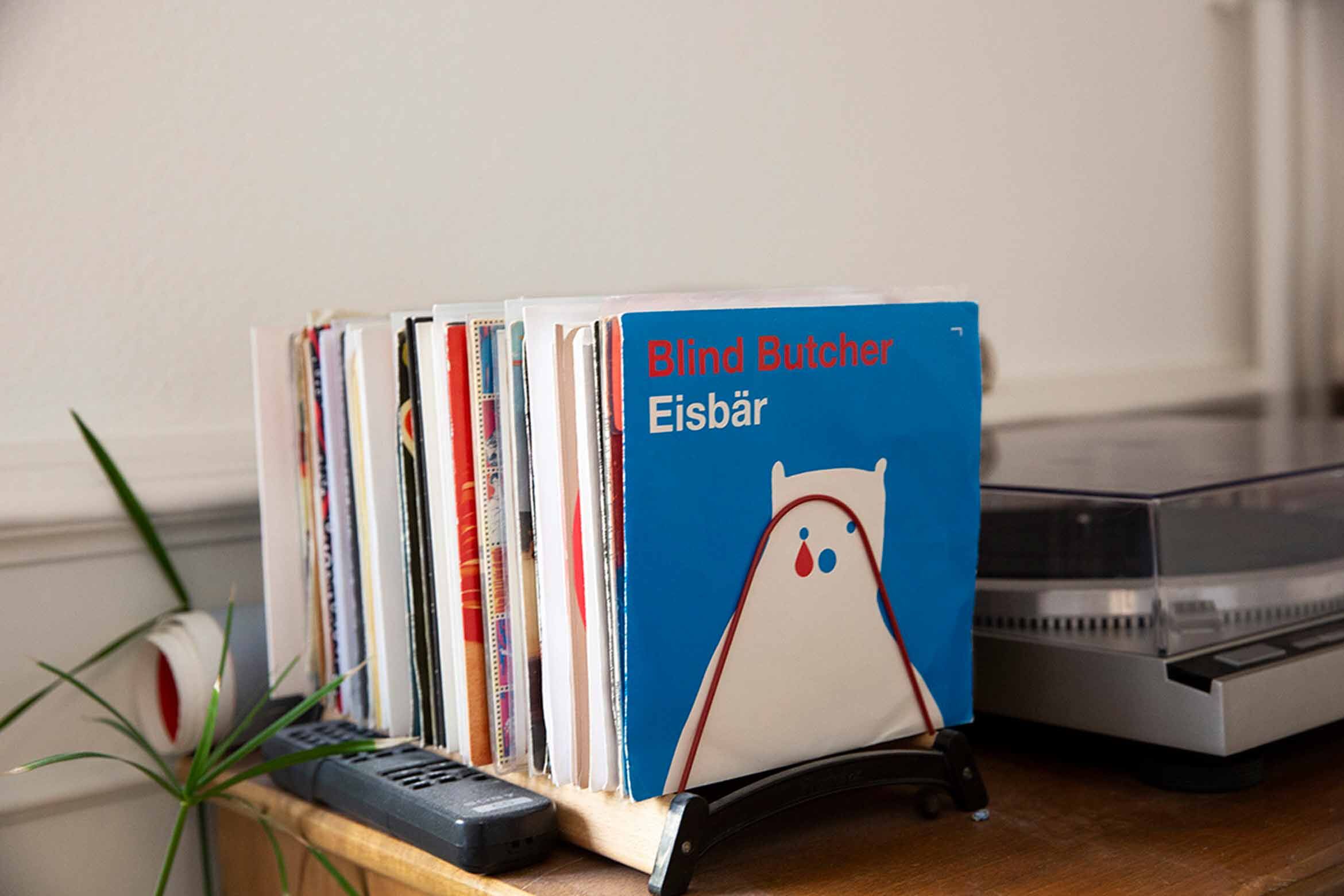
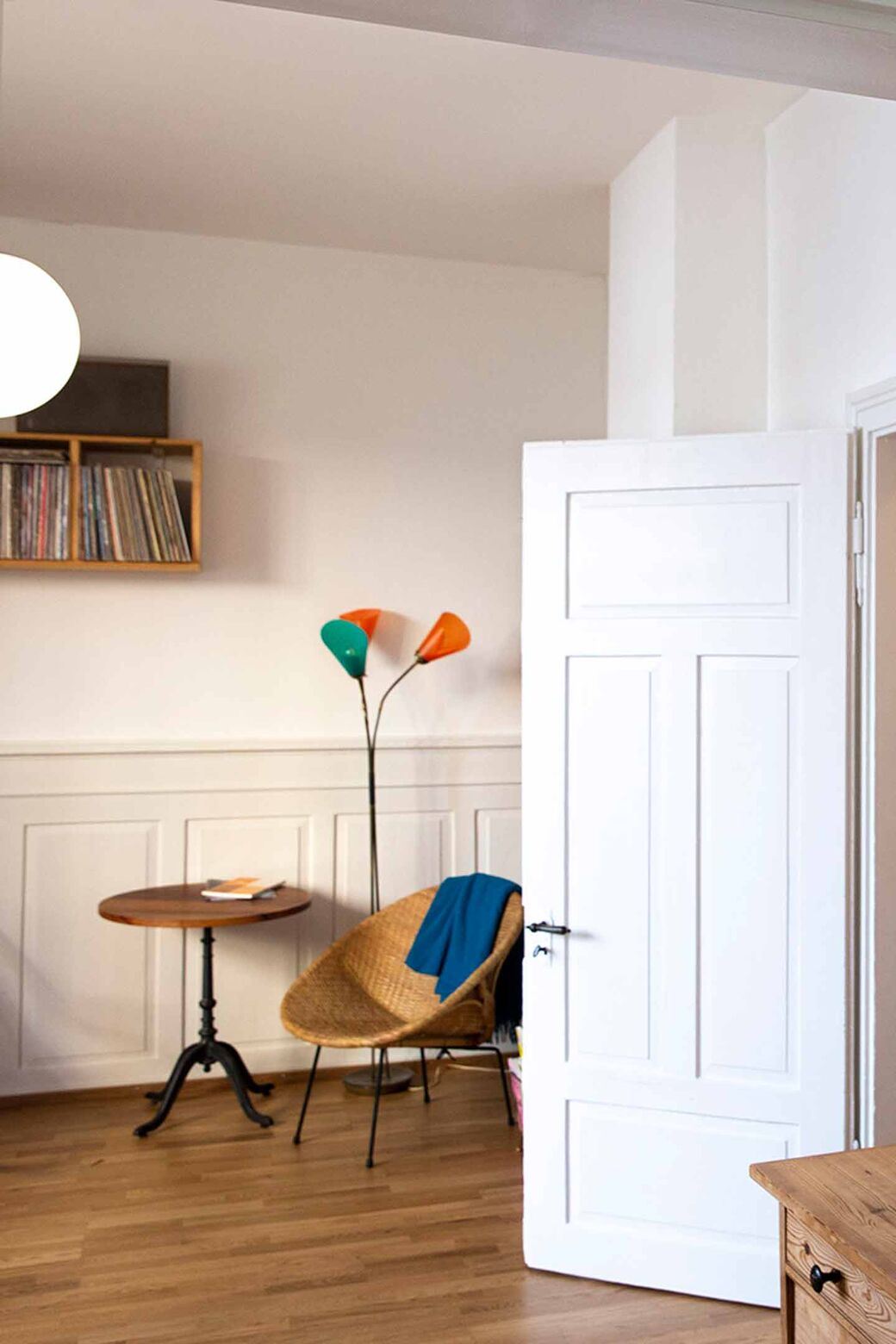
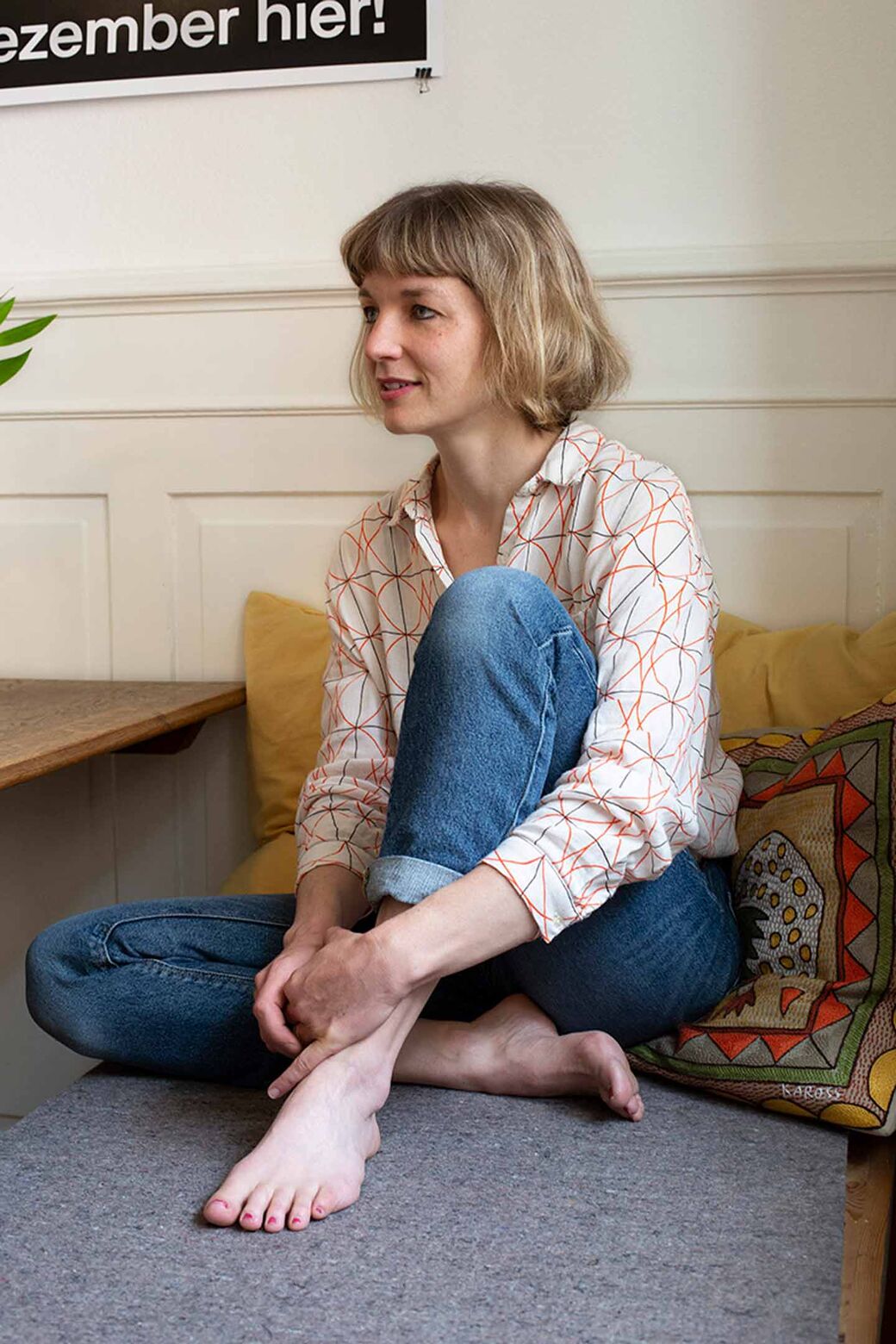
‘Food is vital.’
And then were you hooked?
Yes. I tried so many cocoa beans and they all tasted different. In the meantime, friends occasionally came to visit me from Switzerland, and it’s obvious what they brought with them: chocolate. I tried what they brought me and realised that it tasted nothing like the cocoa beans that I had tried there in Peru. The Swiss chocolate somehow didn’t taste of cocoa at all. So that’s where the desire came from to set up as a chocolate maker here in Zurich. To top it all off, there are a huge number of small cheesemakers and a big milk industry, but in the chocolate industry, by contrast, you’ve only got the big names.
So did you set up a small factory straight away?
Not quite straight away, but the motivation to start a small company, without using industrial processes, was definitely there. When it comes to food in general, it’s important to me that it isn’t the product of an industrial process.
In what way?
Food is vital. But everything in industrial production is standardised as much as possible, which is a real shame. What you get at the end of it is no longer food, it’s just a food product. I stuck with it, even when everyone told us, ‘You can’t do that, you need a big machine, otherwise the chocolate won’t be as good.’ But I had heard of the Mast Brothers in Brooklyn, who were the first to make bean to bar chocolate, so the next time one of my friends went to America, I tasked him with bringing me back a machine for making bean to bar chocolate.
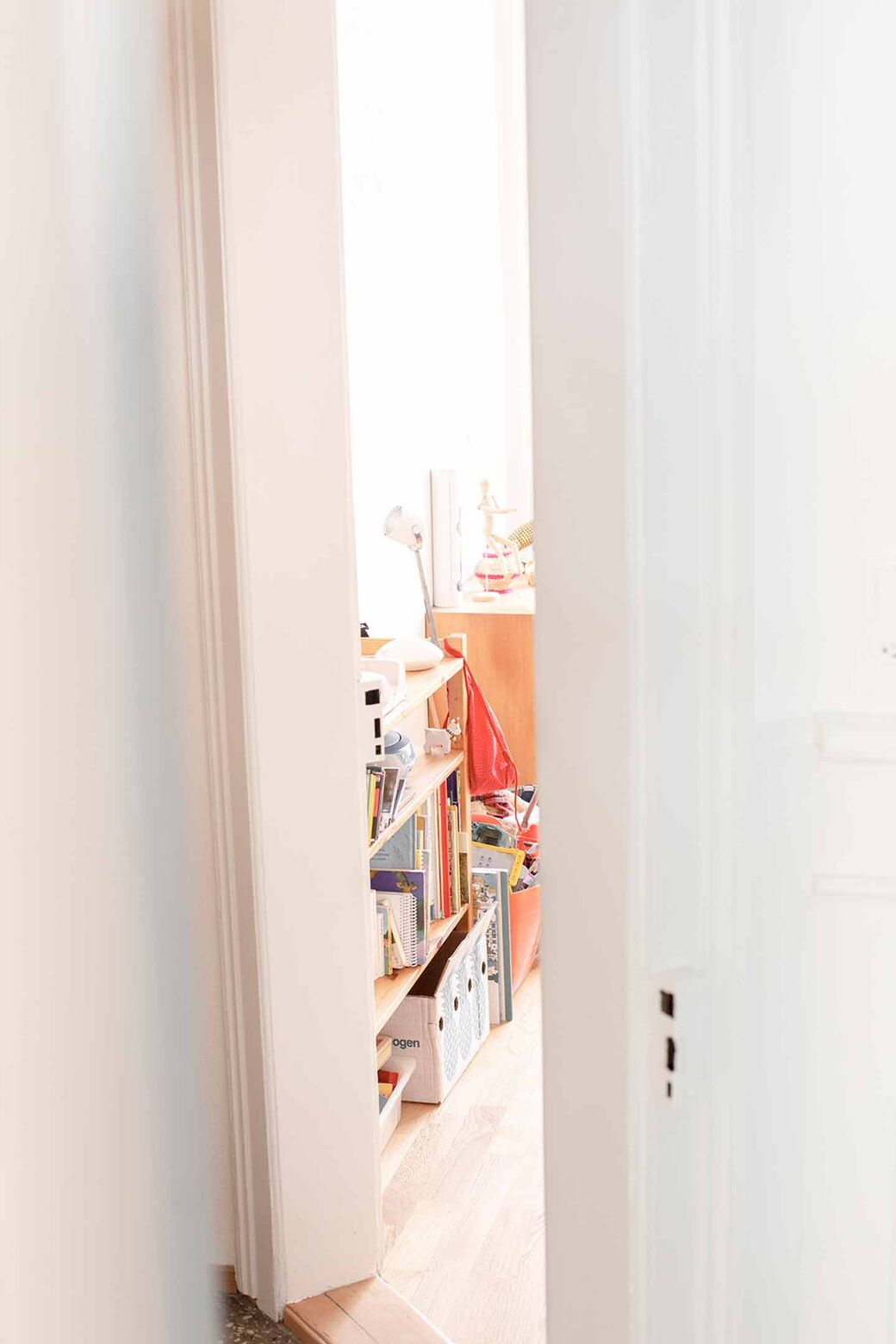
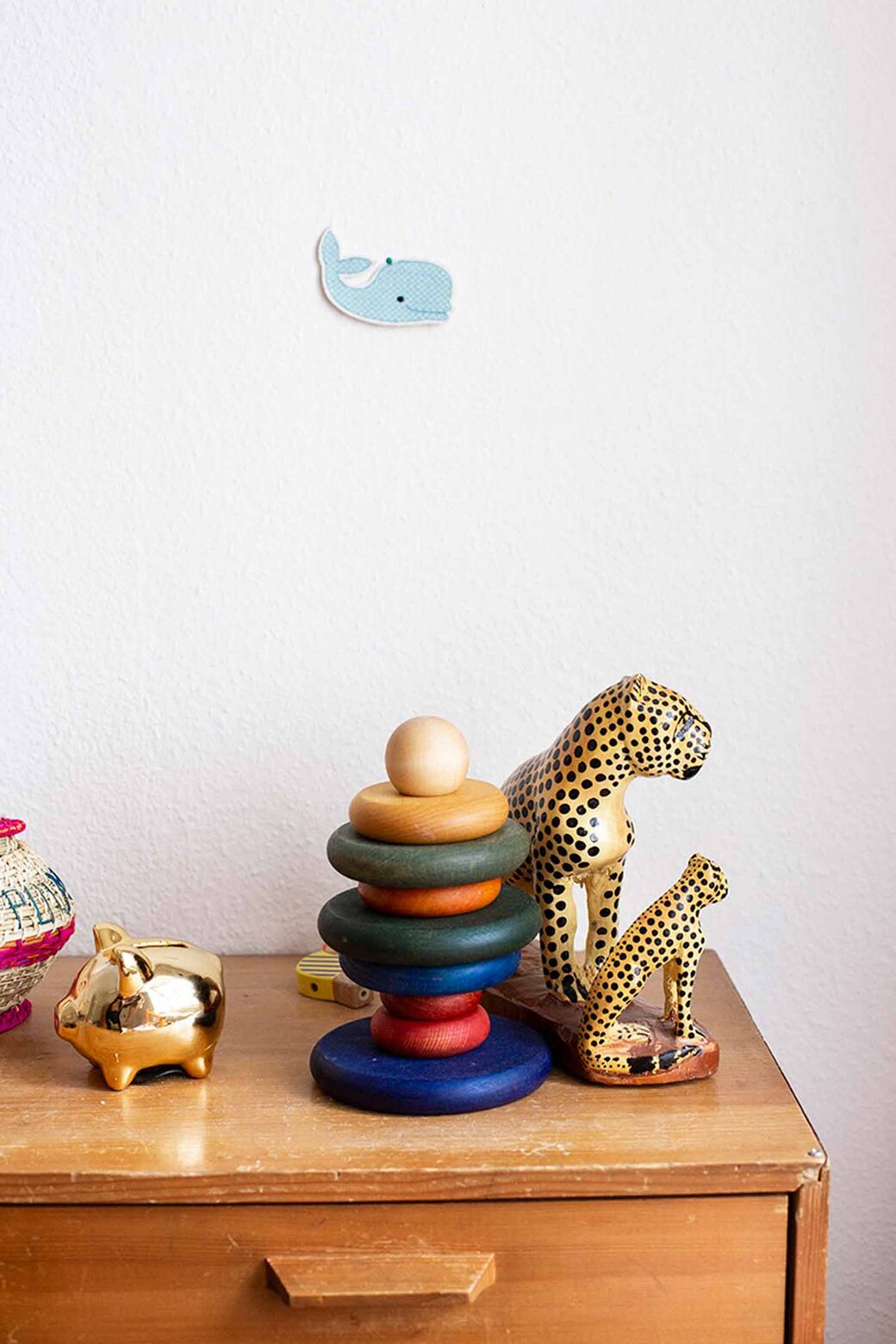
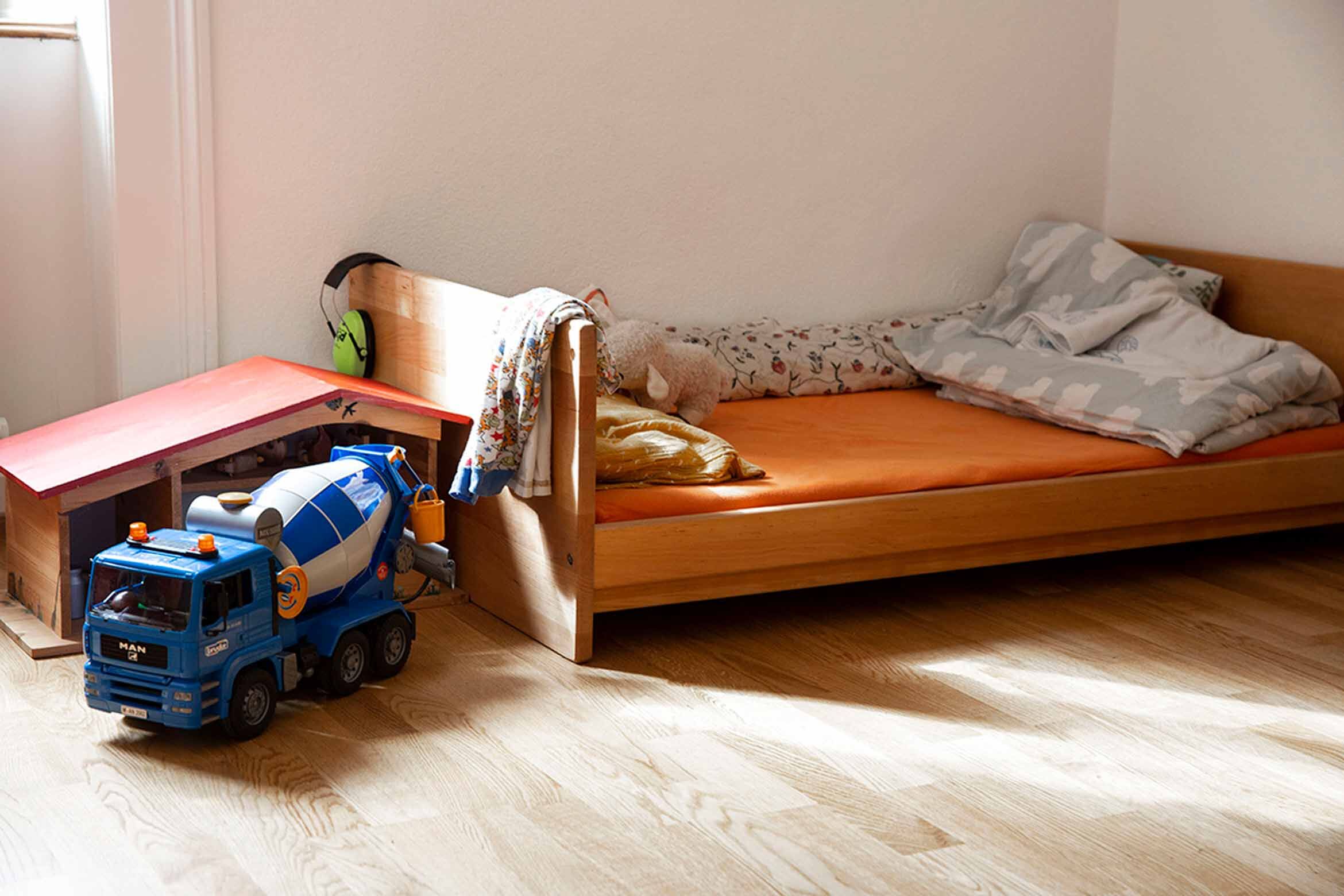
Bean to bar, meaning you manage the entire process from purchasing the best beans to making the chocolate. Can you taste the difference?
Oh, yes. My co-founder Andi and I wanted the distinctive flavour of each cocoa bean variety to stand out. That’s only possible when you carry out the entire process yourself in small batches, all the way from bean to finished bar. So the beans from northern Peru, for example, taste much sharper and subtler than the ones from the Amazon.
You were originally a trained cheesemaker. How did you make it from the suburbs into cheese?
When I was in a mountain settlement with my family as a child, we went for a walk and suddenly found ourselves standing in a dairy. I was totally fascinated and thought to myself: at some point, when I am the same age as these cheeses, I want to do the same.
And then everything changed.
You could say that. I didn’t enjoy studying agronomy at ETH Zurich, so I said to myself: ‘Oh, well, I’ll go and make cheese.’ And that’s exactly what I did, starting an apprenticeship at a cool small dairy. But I always knew that I would go back to ETH afterwards, because ultimately, I didn’t want to have spent those two years studying for nothing. After the degree at ETH I also did my master’s, then last year I completed my doctorate.
‘I love chocolate, but I don’t eat a whole bar myself.’
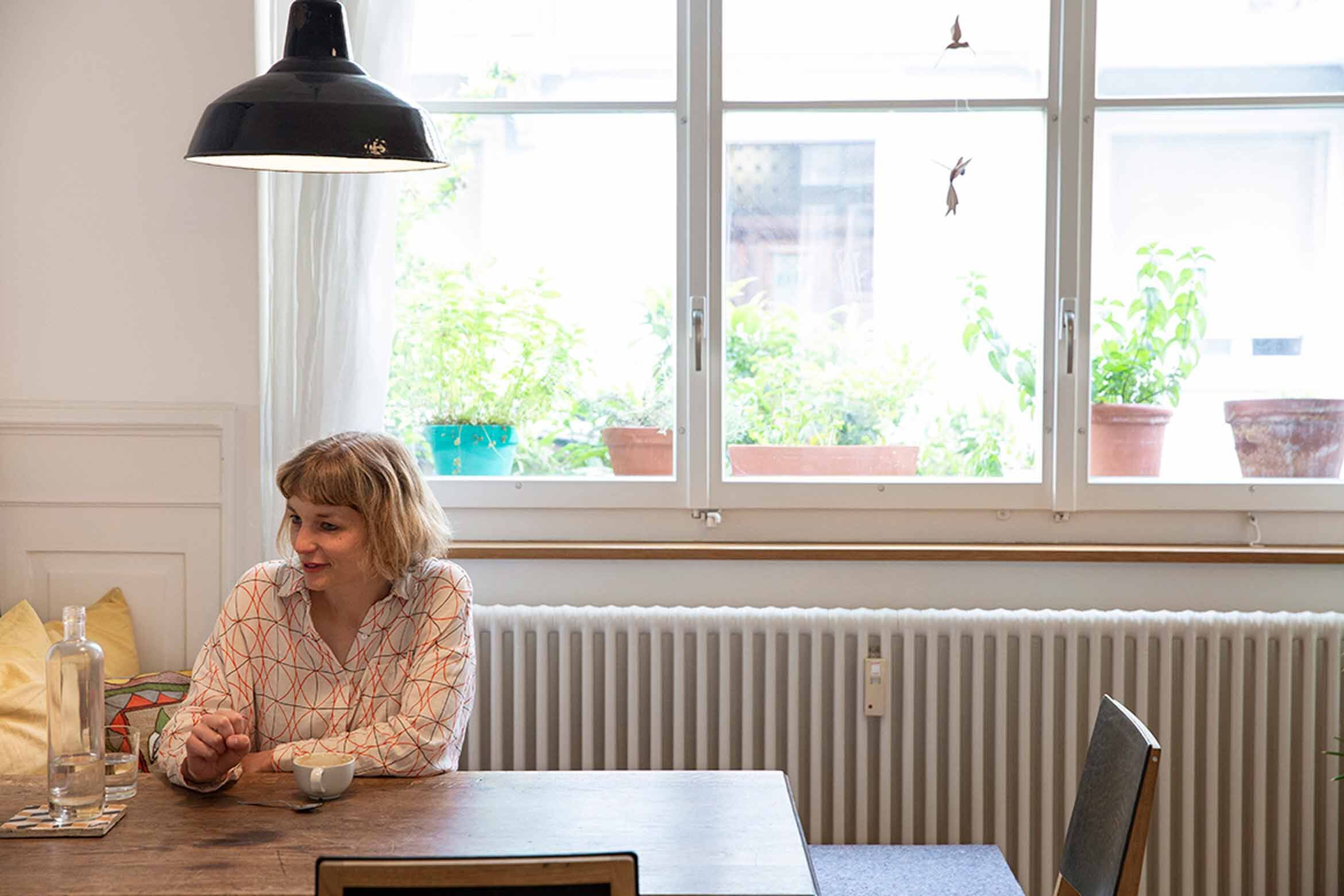
Congratulations. But hang on a second: chocolate, doctoral thesis and a child?
Yes! Luckily my husband Dani was at home for a while during that time. If he had still been off on tour, it just wouldn’t have happened. But it’s always the way, you start something, then life changes right in the middle of it. Andi and I started testing for Garçoa in 2013. We founded the company in 2015, then a year later I fell pregnant. My business partner Andi then handed in his notice at his job in 2016 and went ‘all in’ with Garçoa. I told him that I wanted to finish the PhD I’d started in 2014, then I fell pregnant and my son Mauro came along. I finished my doctoral thesis, but I have to admit it was a lot all at once. After finishing my thesis I was then 80% focused on Garçoa.
Did Mauro turn all your plans upside down?
I stopped in the middle of setting up the company to work on my thesis 100%, then I became pregnant. At that point I had just bought a new machine to take the strain off Andi – the machine was able to take over a particular process that we would otherwise have had to do together. There was a certain time when I wasn’t around. During my maternity leave, we of course made several decisions together, but I was spared from doing the day-to-day work, which was a huge help.
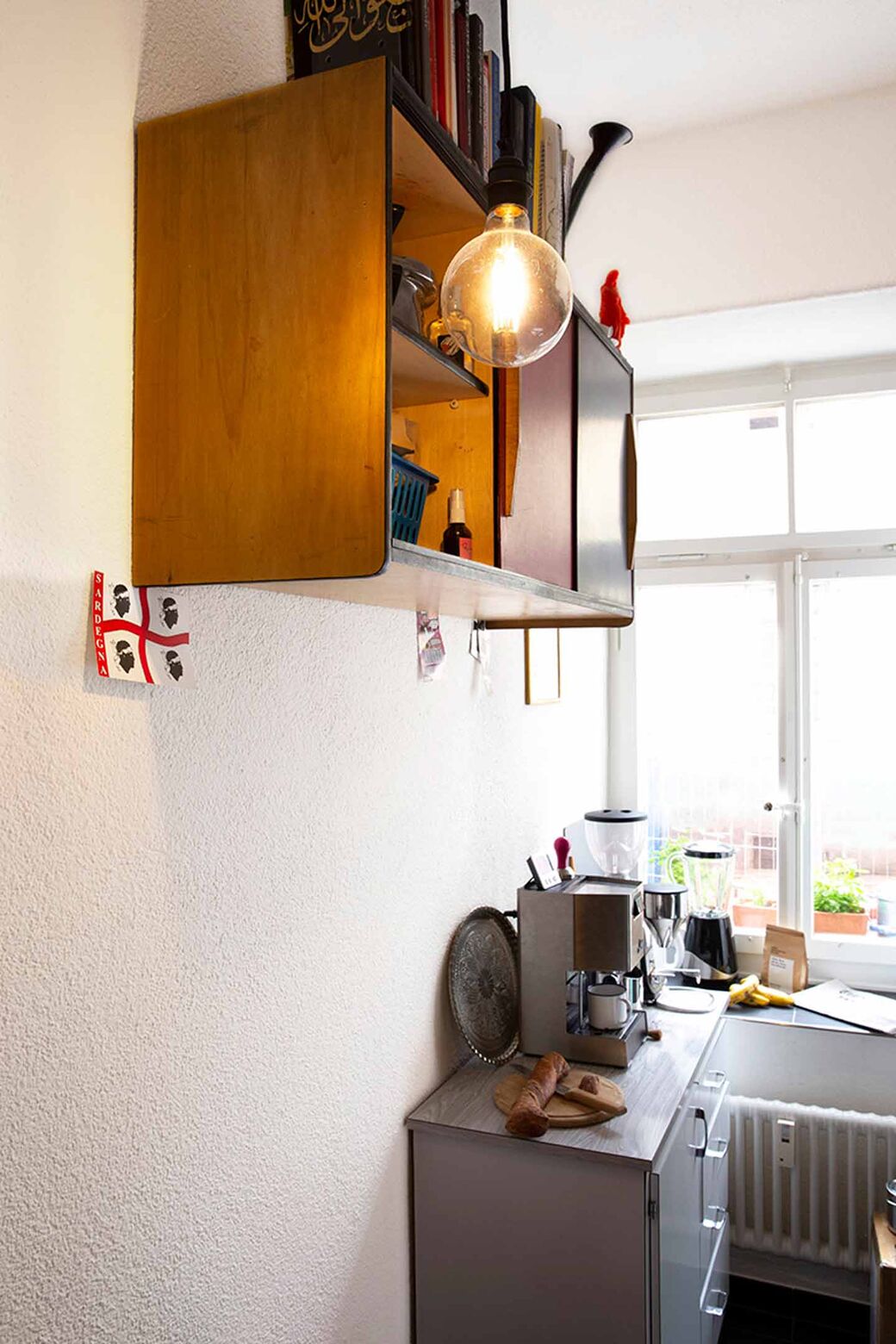
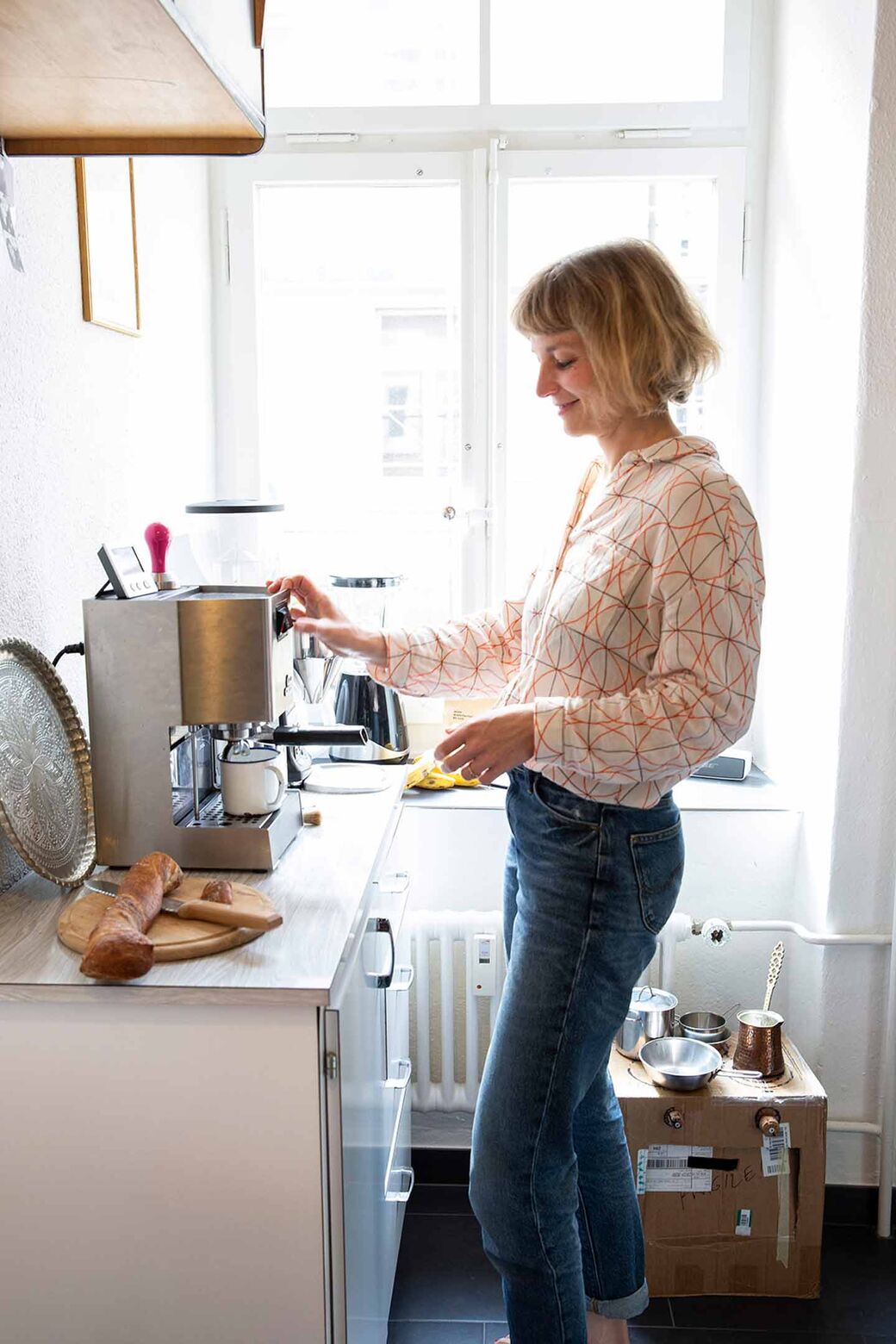
Mummy makes chocolate. Is Mauro allowed to eat more chocolate than other children?
He finds it pretty cool, obviously. I love chocolate, but I don’t eat a whole bar myself, just a square every now and then. But he really is a chocolate fiend.
Mauro and Garçoa are a match made in heaven then.
When it comes to eating, absolutely. I consider myself to be quite capable of doing many things at once, but when you’re with your child, you can only do just that: be with your child. My key experience is a very simple one: I once had to write a single email, and for the whole day I was thinking, I’ll do that in a minute, but it just didn’t happen. It’s as if I was jinxed. I couldn’t do anything on the laptop all day and ended up being tense the whole time because of it. What did I learn from that? Sometimes it’s all about Mauro. And that’s fine.
Partnership
Dieses Interview erschien ursprünglich auf Tadah. Das Online-Magazin für Eltern schreibt nicht nur über Vereinbarkeit, sondern lebt sie auch: Tadah betreibt in Zürich auch ein Co-Working-Space mit Kinderbetreuung.
